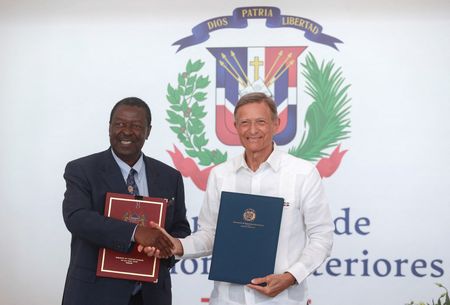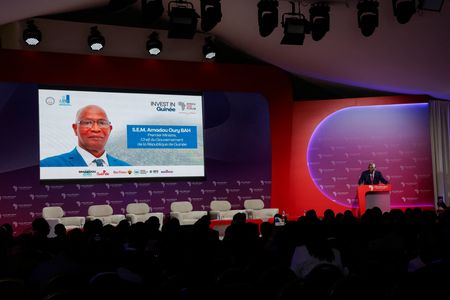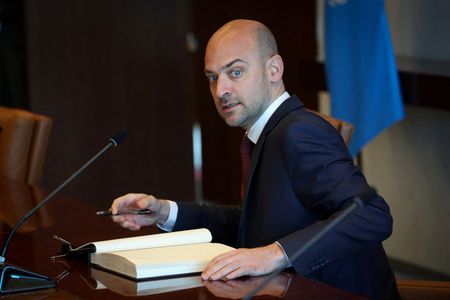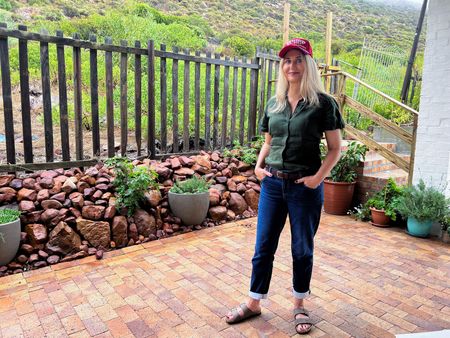TRIPOLI (Reuters) – Armed clashes erupted on Monday evening and gunfire has echoed in the city center and other parts of the Libyan capital Tripoli following reports that an armed group leader was killed, three residents told Reuters by phone.
The leader, Abdulghani Kikli, known as Ghaniwa, is the commander of Support Force Apparatus SSA, one of Tripoli’s powerful armed groups, based in the densely populated Abu Salim neighbourhood.
SSA is under the Presidential Council that came to power in 2021 with the Government of National Unity (GNU) of Abdulhamid Dbeibah through a United Nations-backed process.
GNU’s interior ministry called on citizens in a short statement to stay at home “for their own safety.”
Following the ministry’s call, drivers started speeding and honking in many Tripoli streets.
GNU media platform said early on Tuesday that the defense ministry had fully taken control of Abu Salim neighbourhood.
“I heard heavy gunfire, and I saw red lights in the sky,” a resident said on condition of anonymity.
The other two residents said the gunfire was echoing all over their neighbourhoods of Abu Salim and Salah Eddin.
The University of Tripoli Presidency announced on Facebook the suspension of studies, exams, and administrative work at all faculties, departments and offices until further notice.
The U.N. Mission in Libya urged all parties to “immediately cease fighting and restore calm,” reminding them of their obligation to protect civilians.
“Attacks on civilians and civilian objects may amount to war crimes,” it said.
Libya, a major oil producer in the Mediterranean, has had little stability since a 2011 uprising backed by the North Atlantic Treaty Organization. The country split in 2014 between warring eastern and western factions.
Major fighting paused with a ceasefire in 2020 but efforts to end the political crisis have failed, with major factions occasionally joining forces in armed clashes and competing for control over Libya’s substantial economic resources.
Tripoli and the northwest, where the internationally recognised GNU and most major state institutions are based, are home to rival armed factions that have repeatedly fought.
(Reporting by Libya newsroom; Editing by Richard Chang)





